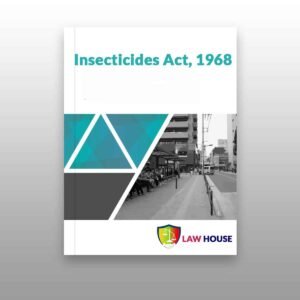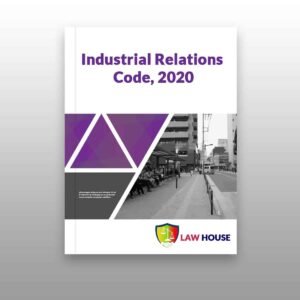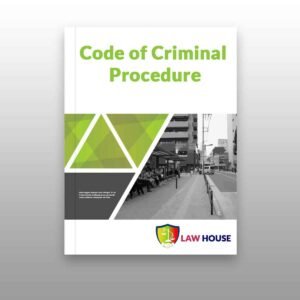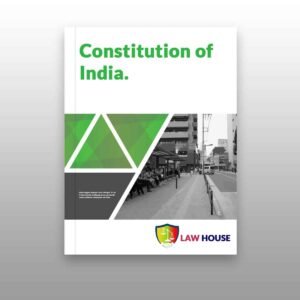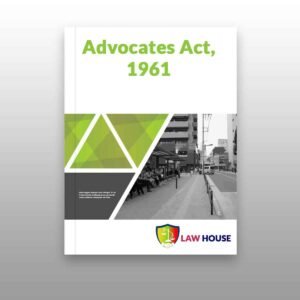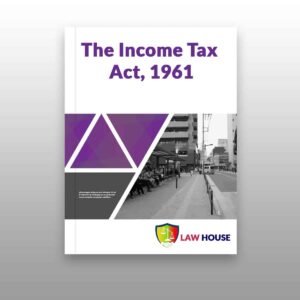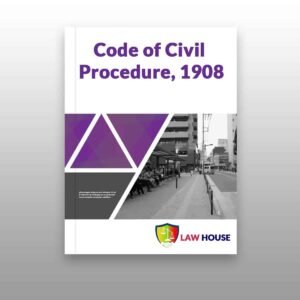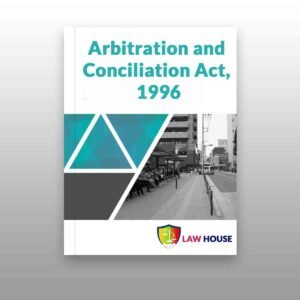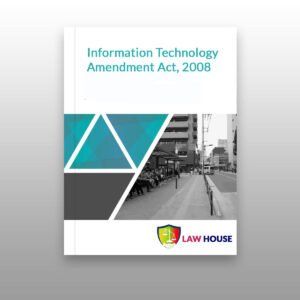Regulatory Laws:
Working women should know these laws. Don’t just be a victim of workplace Harassment. Take action now
- The Prohibition of Sexual Harassment of Women at Workplace Act, 2013
- Women and The Labour Laws
The Maternity Benefit Act, 1961
The Factories Act, 1948
The Equal Remuneration Act, 1976
Minimum Wages Act, 1948

Do you Know Its your Right to get equal Remuneration. Know How to file a complaint under Equal Remuneration Act, 1976?
Women’s Right at Workplace
List of protective provisions for women employees:
Some of the important protective provisions for safeguarding the interests of working women are:
Safety/Health Measures for women in the workplace
- Section 22(2) of the Factories Act, 1948 provides that no woman shall be allowed to clean, lubricate or adjust any part of a prime mover or of any transmission machinery while the prime mover or transmission machinery is in motion, or to clean, lubricate or adjust any part of any machine if the cleaning, lubrication or adjustment thereof would expose the woman to risk of injury from any moving part either of that machine or of any adjacent machinery.
- Section 27 of the Factories Act, 1948 prohibits employment of women in any part of a factory for pressing cotton in which a cotton opener is at work.
Prohibition of Night Work in Workplace
- Section 66(1)(b) of the Factories Act, 1948 states that no woman shall be required or allowed to work in any factory except between the hours of 6 a.m. and 7 p.m.
- Section 25 of the Beedi and Cigar Workers (Conditions of Employment) Act, 1966 stipulates that no woman shall be required or allowed to work in any industrial premise except between 6 a.m. and 7 p.m.
- Section 46(1)(b) of the Mines Act, 1952 prohibits employment of women in any mine above ground except between the hours of 6 a.m. and 7 p.m.
Prohibition of Sub-terrain Work
- Section 46(1)(b) of the Mines Act, 1952 prohibits employment of women in any part of a mine which is below ground.

Know the Complete Step by Step guide of Employment Laws including Overtime calculation and Night Duty
Maternity Benefit
- The Maternity Benefit Act, 1961 regulates the employment of women in certain establishments for certain periods before and after child-birth and provides maternity benefits. The Building and Other Constructions (Regulation of Employment and Conditions of Service) Act, 1996 provides for maternity benefit to female beneficiaries of the Welfare Fund.
What is Maternity Benefit?
The maternity benefit is a payment to a woman worker at the rate of average daily wages for the period of her actual absence immediately preceding and including the day of her delivery and for six weeks immediately following that day.
No Employer can Terminate any Women during Pregnancy Period from the employment
In the matters relating to maternity leave, economic benefits during absence of work, leave for bringing up children and non- termination of service during pregnancy and immediately after delivery were deliberated upon and a resolution passed.
What Benefits a Women get during Maternity Period?
- A woman can get maternity Benefits,
- During Pregnancy
- After Pregnancy (during the early months of motherhood).
- Government employed women are entitled for maternity leave with full pay.
- Other working women are entitled for 16 weeks maternity benefits.
- Even unmarried women are entitled for maternity benefits.
- Only those Government employees can avail these benefits, which have less than two surviving children.
- If a woman wants she can avail few days before the delivery and the remaining leave after the delivery, or she can avail the entire leave at the same time.
- The employer cannot make a woman do any heavy work in the last working month of pregnancy. She can refuse to do work which is physically tiring and involved long standing hours, caring heavy loads or any work which can endanger the proper growth of child, etc.
- A woman is entitled to 45 days leave full wages in case of miscarriage.
Can Unmarried Women entitled to get Maternity benefit?
Yes. Unmarried women are entitled for maternity benefits.
Any Contravention of maternity Benefit Act, an aggrieved women can take legal action against her Employer.
How to Seek Remedy under The Maternity Benefit Act, 1961?

Learn How to file a Complaint? Procedure to seek remedy for any contravention under Maternity Benefit Act, 1961.
Provisions for Separate Latrines and Urinals in Workplace
Provision for separate latrines and urinals for female workers exist under the following:
- Rule 53 of the Contract Labour (Regulation and Abolition) Act, 1970.
- Section 19 of the Factories Act, 1948.
- Rule 42 of the Inter State Migrant Workmen (RECS) Central Rules, 1980.
- Section 20 of the Mines Act, 1952.
- Section 9 of the Plantations Labour Act, 1951.
Provisions for Separate Washing Facilities in Workplace
Provision for separate washing facilities for female workers exists under the following:
- Section 57 of the Contract Labour (Regulation and Abolition) Act, 1970.
- Section 42 of the Factories Act.
- Section 43 of the Inter-State Migrant Workmen (RECS) Act, 1979.
Provision for Crèches in workplace
Provision for crèches exists under the following:
- Section 48 of the Factories Act, 1948.
- Section 44 of the Inter State Migrant Workmen (RECS) Act, 1979.
- Section 12 of the Plantations Labour Act, 1951.
- Section 14 of the Beedi and Cigar Workers (Conditions of Employment) Act, 1966.
- Section 35 of the Building and other Constructions (Regulation of Employment and Conditions of Service) Act, 1996.
VOCATIONAL TRAINING FOR WOMEN” under Directorate General of -Employment & Training
DGE&T is the nodal agency for providing vocational training in traditional and contemporary courses and certification to women to meet the trained skill workforce to the industry and service sector etc. in the country. These courses help women to achieve their career goals and become independent. The Women Vocational Training Programme is dedicated to planning and implementing long term policies related to women’s vocational training in the country.(s)
| Basic Courses | Advanced Courses | Post – Advanced Courses |
|---|---|---|
| Dress Making | Dress Making | Principles Teaching |
| Hair & Skin Care | Beauty Culture & Hair Dressing | |
| Preservation of Fruits & Vegetables | Embroidery & Needle Craft | |
| Electronic Mechanic | Electronics | |
| Stenography (Hindi) | Secretarial Practice(Hindi) | |
| Secretarial Practice(English) | Secretarial Practice(English) | |
| Architecture Draughtsmanship Desk top Publishing | Architecture Assistantship | |
| Computer Operator & Programming Assistant | ||
| Fashion Technology | ||
| Instrument Mechanic | ||
| Catering & Hospitality |
What are the Special Provision for Women under Factories Act?
Rights of Women Under Factories Act
- Women must have separate toilets and washrooms with doors.
- If a factory has more than 30 women workers the employer must provide a creche for the workers children.
- Women cannot be made to lift more than the prescribed weight.
- Women cannot be made to clean or oil any moving machine.
- Women cannot be made to work more than 48 hours in a week.
- Women must get one day off in a week.
- Women cannot be made to work for more than 5 hours at a stretch.
- Women cannot be made to work only between 6 in the morning and 7 in the evening.
- State government can grant exemption to any factory or group or class of factories, but no woman can be permitted to work during 10 PM to 5 AM.
- Shift can change only after weekly or other holiday and not in between.
What is the provision of Night Shift for Women?
Section 66(1)(b) of Factories Act, 1948 prohibits women from being engaged in a factory from 7 PM till 6 AM. These exemptions are conditional and employer needs to follows certain measures such as.
- If a Company intends to retain female employees beyond normal working hours that too at night, the Company should seek appropriate exemption from the State Govt. in respect of the concerned provisions of the Shop and Establishment Act. Company then shall have to strictly adhere to the conditions laid down by the State Govt. in respect of such exemptions.
- Company shall also have to strictly adhere to maximum permissible working hours, overtime hours in a day/week and maximum spread-over in a day.
- Few guidelines that a Company may have to adhere to when arranging for transportation of female employees to and from their residences at night, when retained beyond permissible hours;
- A database of all employees, security personnel, cab drivers and of contractual workers should be maintained, for access by the police if required.
- Security and other contractual personnel should be hired from licensed agencies.
- Antecedents of all employees to be verified.
- A verified security guard to be present in a cab carrying women at night.
- Women should not be the first to be picked up or last to be dropped.
- The cab must drop women at their houses and waits till she confirms her arrival through a phone call.
- If the house of a woman employee is located away from a motorable road, the security guard should accompany her to her house and confirm her safe arrival.
- Exercise control on the vehicle’s movement to check any unwarranted activities of drivers, such as picking up strangers & straying from the designated route.
- Install GPS sets in the cabs.

What are the Punishment under Factories Act? Read our Complete on Factories Act. Easy to understand.









![Honey trap in Cybercrime: A to Z guide Exploring Honey Trap in Cyberspace [With Video]](https://www.lawhousekolkata.com/wp-content/uploads/Post-Images/Honey-Trap-300x169.jpg)






